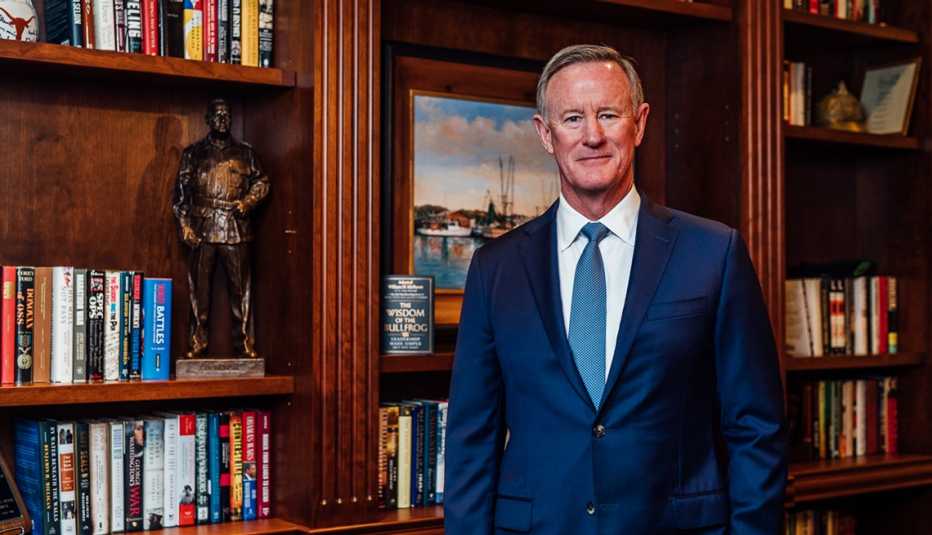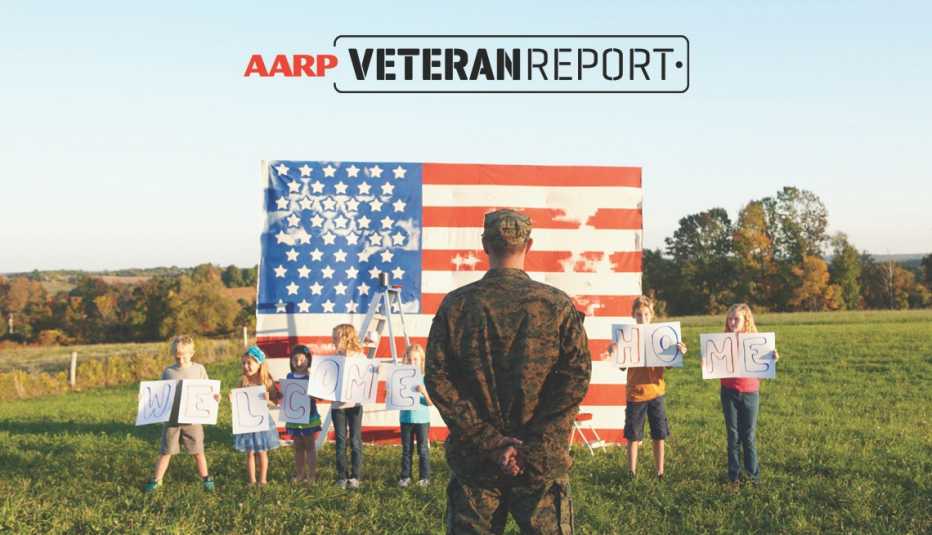Staying Fit


You gave a commencement address about making your bed every day that got 100 million views online. Why is that so important?


You can subscribe here to AARP Veteran Report, a free e-newsletter published every two weeks. If you have feedback or a story idea then please contact us here.
When I was training to become a SEAL, we got inspected every morning. The instructor would invariably pull out a quarter and flip it into the air to see if you’d pulled the blanket and sheet taut enough to make the coin bounce. Finally, I got up the courage to ask a chief petty officer why, and he said, “Well, it’s pretty simple. If you can’t even make your bed to exacting standards, how are we ever going to trust you to lead a complex SEAL mission? Learn to do the little things right and you’ll learn to do the big things right.”
Do you still make your bed?
Every single day. My wife and I have a big king-sized bed, and we used to make the bed together. But after I gave that speech, she said, “Oh no, big boy, it’s all yours now!”


AARP Membership— $12 for your first year when you sign up for Automatic Renewal
Get instant access to members-only products and hundreds of discounts, a free second membership, and a subscription to AARP the Magazine.
In your new book, The Wisdom of the Bullfrog, you talk about an important lesson SEALs learn: Think first of others.
I like to tell the story of Sgt. Maj. Chris Faris, my right-hand man in Afghanistan. One day, I did a Zoom call with my doctor, and she told me I’d been diagnosed with cancer. I needed to go back to the States immediately to have my spleen removed and start chemotherapy. “Your military career is probably over,” she added. When I got back to my office, Chris was there, and he noticed something wasn’t right. After I told him, he said, “OK, boss, we’ve got the morning briefing coming up, and you need to be there. The troops are counting on you.”
So we did the video teleconference with thousands of our team members around the world. And before I could say anything, Chris asked someone to put up a list of the people who’d been injured in combat the night before. Then he gave me a look, and I knew what it meant. I had a problem, but it paled in comparison to what these young men and women were going through. That was exactly the right thing to tell me at the time. It helped put my minor problem in perspective.

































































More From AARP Veteran Report
7 Best War Books You’ve Never Heard Of
Here are some obscure classics the veteran bibliophile should seek out
Shot Down Twice, Airman Brought Parachute Home to Become His Bride’s Wedding Dress
American pilot volunteered to stay behind enemy lines and faced epic trek to freedom
Secret of Success: 6 Organizations Helping Veteran Entrepreneurs
You have the drive and vision, but you don’t need to go it alone
How to Adjust Your Workout to Overcome Old Injuries
Follow these expert tips to ease pain and build strength and flexibility
Breaking Barriers, Building Camaraderie in the U.S. Army
Jackson broke stereotypes as a successful Filipina in the military